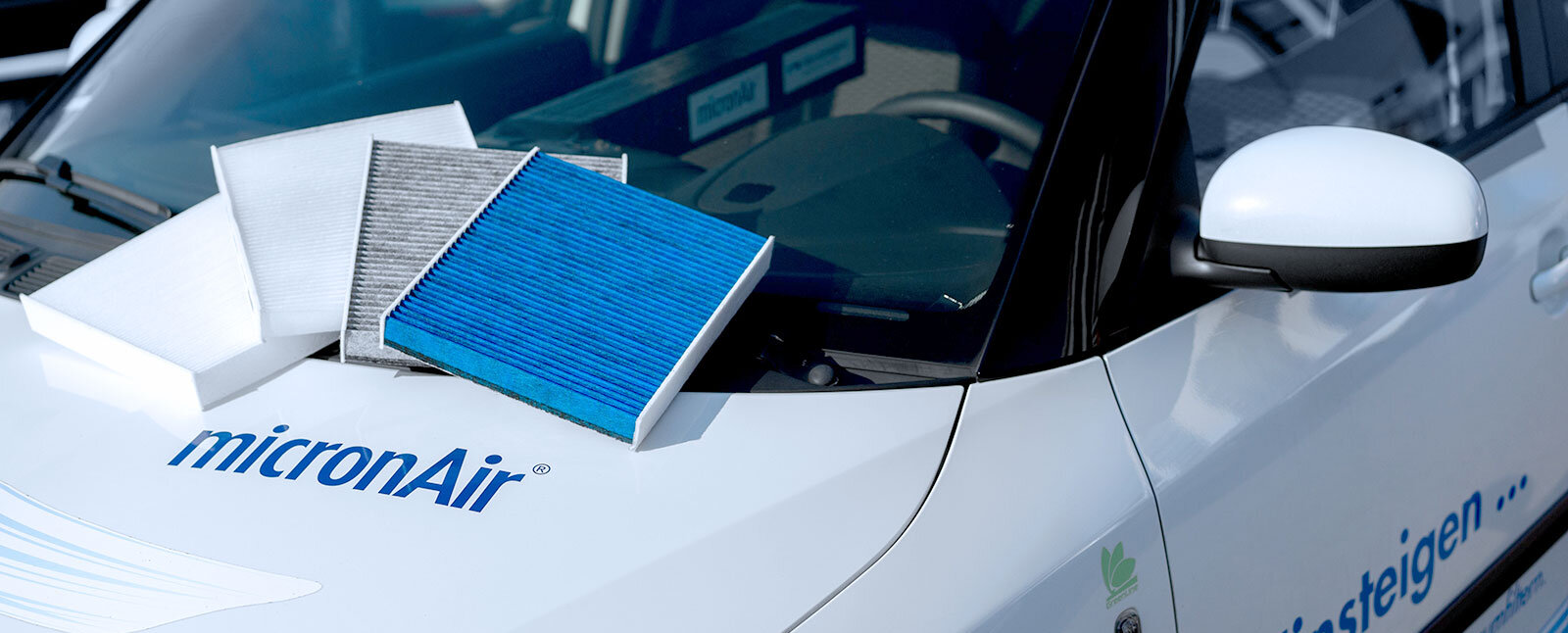
What do cabin air filter tests tell us?
Limited correlation to real life performance
Currently, there are no unified global standards for testing the efficiency of cabin air filters under actual working conditions. Although there are established procedures in certain regions, the nature of the testing and the results it produces are far from consistent.
In Germany, the relevant standard is DIN 71460 parts 1-3, which Freudenberg Filtration Technologies uses as the basis for our own testing protocols. However, along with all other current standard tests, this is a pure laboratory environment test and the results can only to a small extent be transferred to real operating conditions, which routinely vary in ambient conditions and environments.
Click here for more information on the general FFT testing capabilities
While these laboratory test standards have value in comparing basic performance criteria, conclusions drawn from standard test parameters under lab conditions are of limited value when choosing the best filters for a specific real-world application.
The search for realistic results
To address the limitations of standard testing processes, Freudenberg Filtration experts have developed their own testing regime. Carried out in addition to the requirements of DIN 71460, these tests replicate the cabin air filter’s behavior under a variety of operating conditions.
As a result, the data generated by our tests are an extremely valuable – and reliable – means of dimensioning and specifying the best cabin air filter for a specific vehicle.
Until the global testing landscape achieves uniformity and focuses on real-life performance, we recommend that you conduct scientific field tests with us. This ensures the best look into realistic results, for automotive filtration efficiency.
 automotive filtration insight
automotive filtration insight